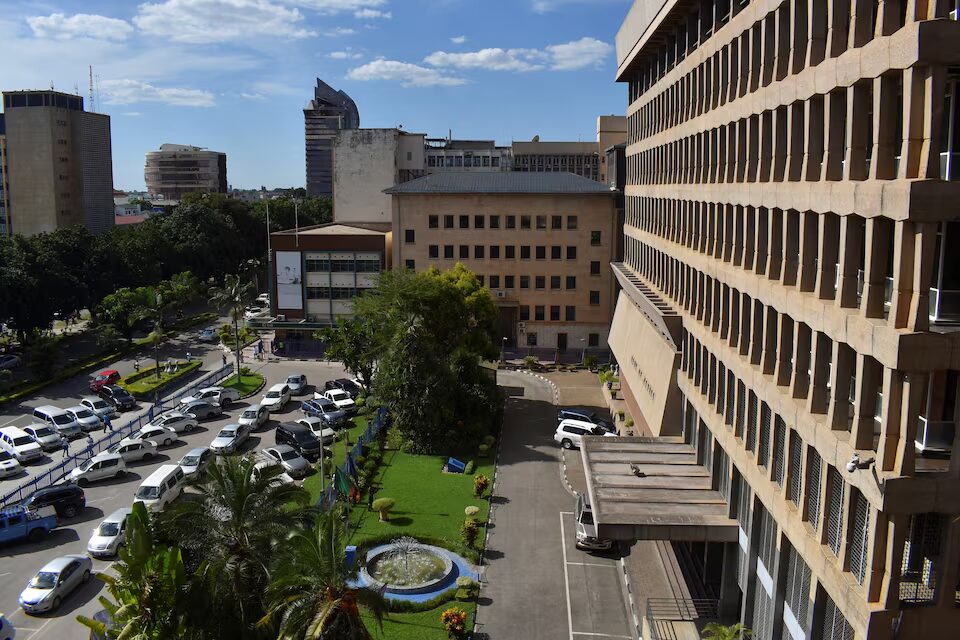
Tuesday 28th October 2025

by inAfrika Newsroom.
Africa digital payments is moving from pilot talk to scale. COMESA’s new Digital Retail Payments Platform now lets businesses in member states settle cross-border invoices in local currencies, not U.S. dollars. The first live test runs between Malawi and Zambia. Traders can now pay each other in kwacha. The system does instant conversion inside the network.
This is not only about speed. COMESA says SMEs lose margin every time they are forced to route a $2,000 invoice through offshore correspondent banks. Those old channels add fees, delays, and currency risk. The bloc says the new rail targets sub-3% transaction cost. That matters because SMEs are 80% of all businesses in COMESA states and about 60% of jobs.
The continental layer is building too. PAPSS — the Pan-African Payments and Settlement System backed by Afreximbank and the African Union — now links 19 countries, more than 150 commercial banks, and 14 national switches across four regions. PAPSS says it can save African economies more than $5 billion a year in transaction costs that used to leak to dollar clearing and offshore banking fees. Afreximbank is also pushing an “African digital currency” concept to sit on top of this network and make settlement even faster.
Why this matters now: Global trade tensions are rising, and dollar liquidity is expensive. Africa cannot afford to watch value leave the continent at every border. COMESA and PAPSS are trying to hardwire an answer. The idea is simple: if a tomato seller in Malawi and a packaging supplier in Zambia can settle in their own money — and if a Kenyan buyer can pay an Egyptian shipper without touching the dollar — then regional trade becomes cheaper, faster, and less exposed to external shocks.
For finance ministries, this is no longer a fintech story. It is industrial policy. Africa digital payments is now about keeping margin, tax, and data at home.


